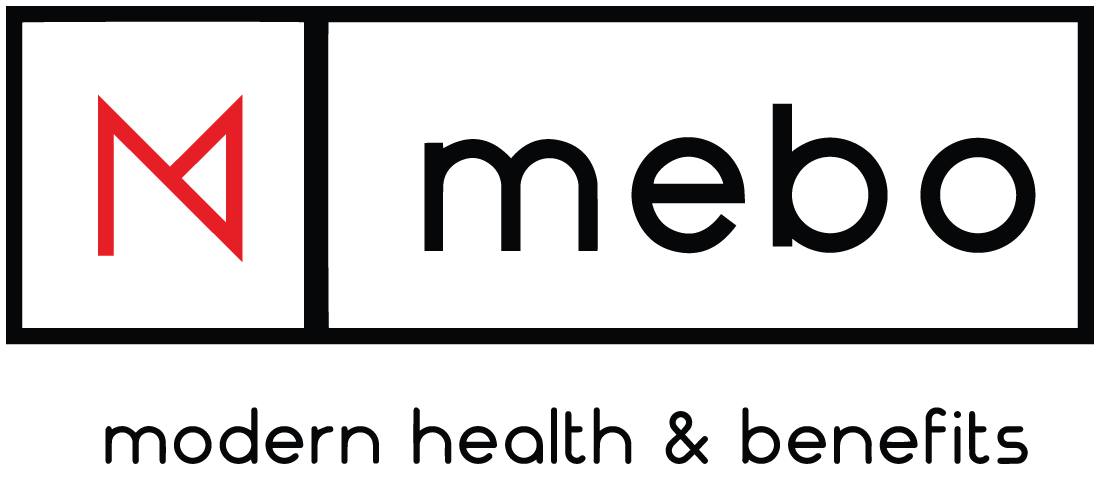Should Employers Offer Benefits to Gig Workers?
COVID-19 has changed the way many of us live and work. Throughout the past year, unemployment rates have skyrocketed. Caused by forced closures and stay-at-home-orders, several businesses around the U.S. have had to reduce staff or permanently close their doors. According to the Department of Labor, over 48 million Americans applied for Unemployment Insurance within the past year. Many unemployed workers turn to gig jobs to make ends meet.
What Are Gig Workers?
Gig workers include independent contractors, freelancers, contract firm workers, temporary workers, and online platform workers. These workers may enter into contracts with companies to provide services on an as-needed basis. It’s estimated that as many as ten percent or more U.S. workers take advantage of some form of alternative work.
Health Benefits Provide Peace of Mind and Financial Protection
As an increasing number of U.S. businesses turn to independent contractors to assist with projects on a temporary basis, many have considered the possibility of offering these workers benefits. For gig workers that perform potentially life-threatening tasks during the pandemic like ride-sharing and other jobs that put them in direct contact with strangers, health benefits can provide peace of mind and may increase worker interest in these types of jobs.
Employers that utilize independent contractors on a regular basis might want to consider offering some form of benefits. Although it’s important to note that employers don’t have to offer the same types of benefits that they offer their full-time employees. For example, many employers do not allow gig workers to participate in a 401K plan, but will provide them access to healthcare coverage. These employers allow gig workers to pay monthly premiums to participate in the company’s group health plan. These types of plans generally cost significantly less than individual health plans.
Employers that decide to offer benefits to gig workers should ensure their workers aren’t receiving benefits from a temp agency or other party. It’s also important that employers avoid working with temp agencies that pass the cost of benefits to the employer. If the temp agency offers benefits, it is their responsibility to pay for these benefits for their workers.
Other Benefits
Although health insurance tops the list of preferred benefits, many companies choose to reward gig workers with bonuses. Offering bonuses for working during difficult hours or putting in extra effort shows workers they’re appreciated. It can also make them more willing to continue working for the company.
While offering benefits to gig workers can provide significant benefits, it’s important that employers weigh the risk as well. Providing gig workers with the same benefits as regular employees may make it difficult for organizations to attract workers to permanent roles within the company.
Employers have many factors to consider when selecting benefits for their workers. MEBO works directly with employers to evaluate their needs and develop a comprehensive solution, tailored to the organization’s budget and objectives.
Please contact us to schedule a consultation.











